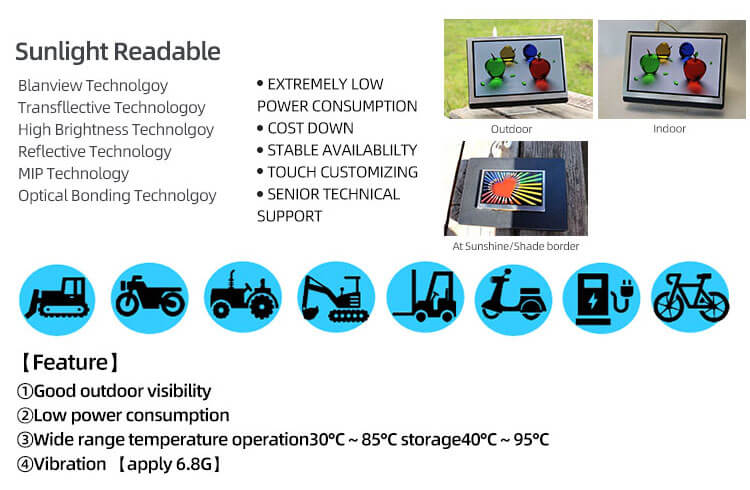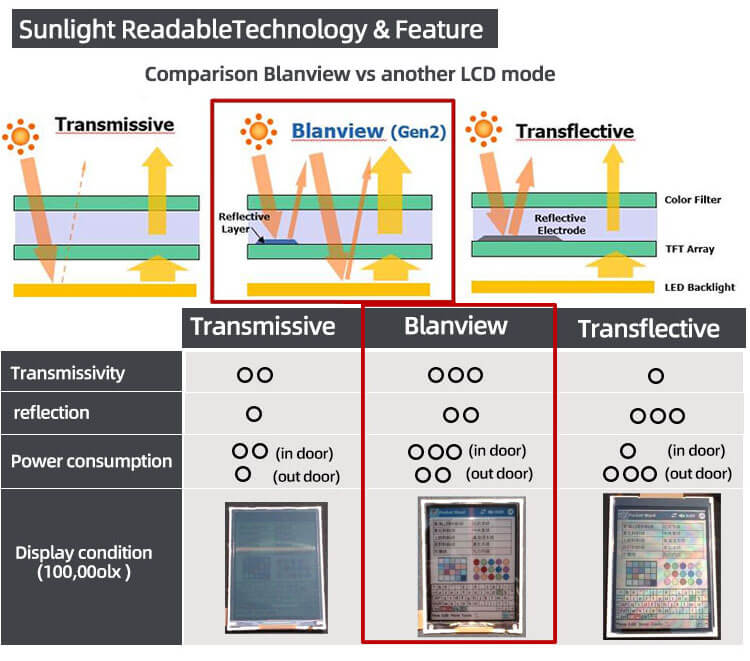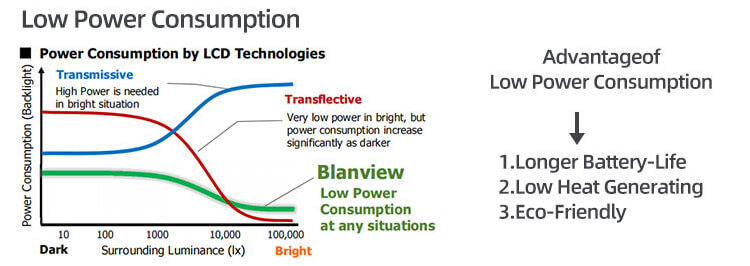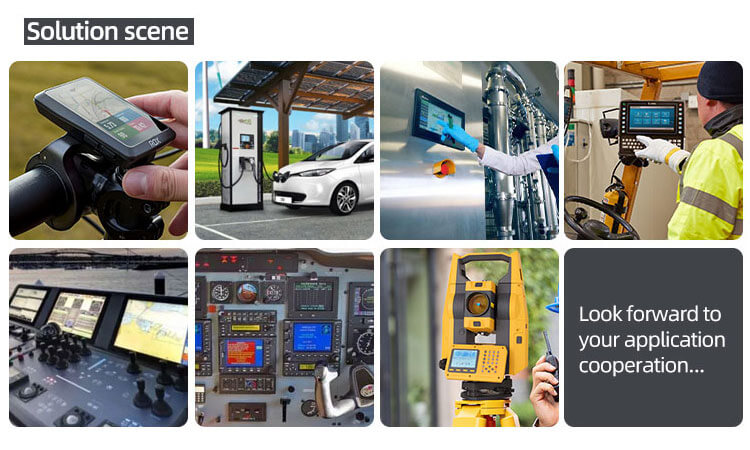Writer: adminRelease Time: 2025-05-23 03:51Browse: 683

Choosing a sunlight-readable display is important if you need a screen that remains visible and clear in direct or bright sunlight — common in outdoor kiosks, industrial applications, marine environments, or handheld devices.
Minimum 700 nits for decent visibility outdoors.
1000+ nits for true sunlight readability.
Some high-end displays go above 1500–2500 nits for harsh sunlight.

Reduces reflection and improves contrast under sunlight.
Anti-reflective reduces mirror-like reflections.
Anti-glare scatters light to reduce harshness.
Removes the air gap between the display and cover glass.
Reduces internal reflections, improves contrast, and enhances durability.
Also reduces condensation/fog in extreme conditions.
Look for a high contrast ratio (at least 1000:1) for better readability.
Brightness alone isn't enough without good contrast.
Displays used outdoors need to operate in wide temperature ranges (e.g., -20°C to 70°C).
Check both storage and operating temperatures.
TFT LCD with high brightness and enhancements are common.
Transflective LCDs use ambient light to improve visibility in sunlight, though color and contrast may be lower.
OLED is less ideal outdoors due to potential burn-in and brightness limits.
Wide-angle visibility (160° or more) helps when viewed from the side in sunlight.
If touch is needed, make sure it's responsive in outdoor conditions (gloved hand, wet environments).
Projected capacitive or resistive touchscreens are common choices.

IP rating for waterproof/dustproof performance (e.g., IP65).
Durability (impact resistance like IK08 or higher).
Power consumption, especially for battery-powered devices.
Sunlight-readable filters or hoods if modifying existing displays.
| Application | Recommended Brightness | Notes |
| Outdoor kiosks | 1000–2500 nits | IP-rated enclosure, optical bonding |
| Industrial HMI | 800–1500 nits | Wide temperature range |
| Marine displays | 1000+ nits | Salt/fog resistance, anti-glare |
| Smartphones/tablets | 500–1000 nits | Adaptive brightness, optical bonding |

Sunlight Readable Displays product links for reference:
https://www.youritech.com/products/sunlight-readable-displays/